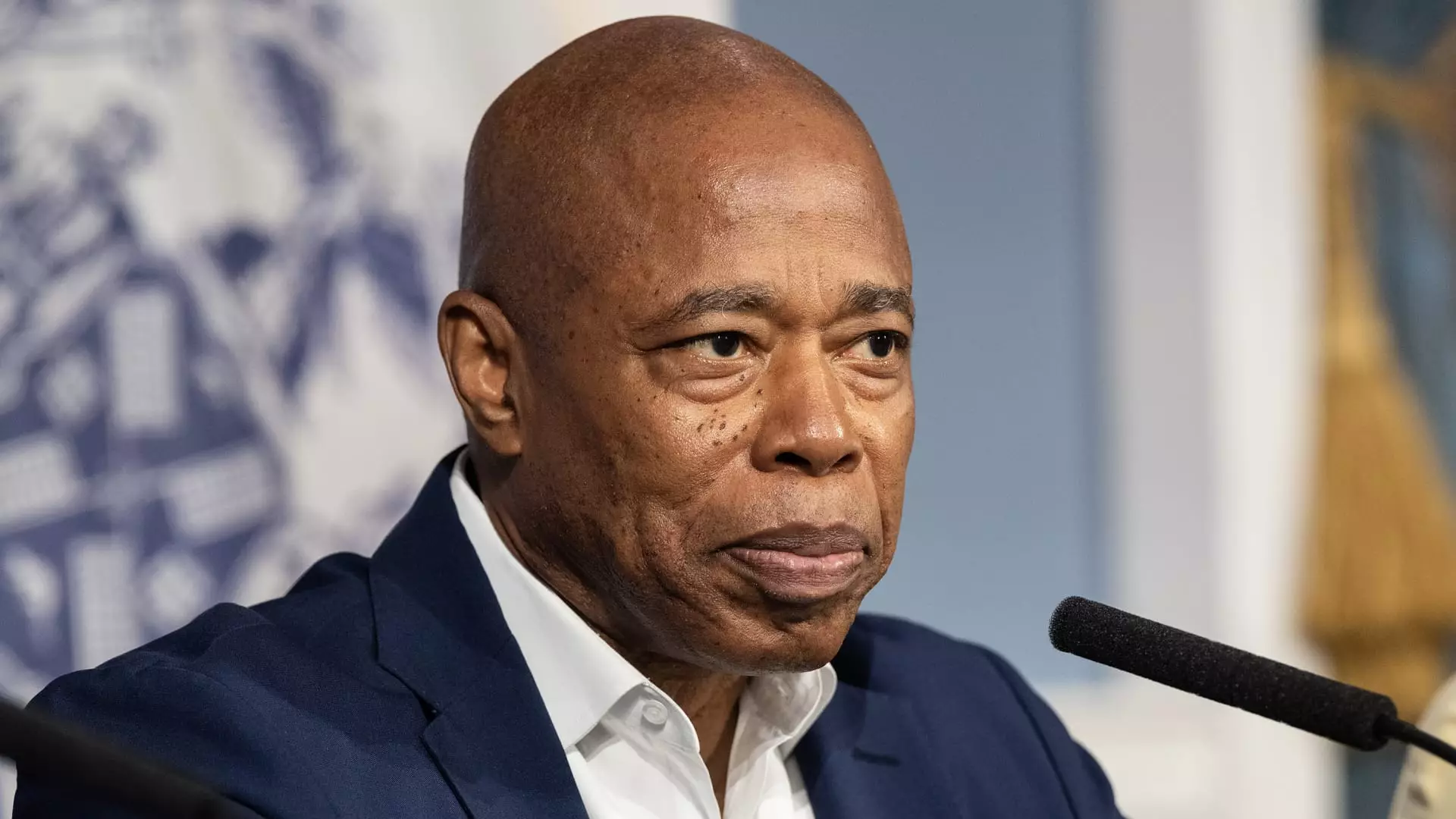The political drama surrounding New York City Mayor Eric Adams has reached new heights following his indictment on federal corruption charges. As the country pivots towards the presidential inauguration of Donald Trump, the speculation regarding potential pardons and political motivations has captivated the nation. In recent comments, Trump expressed a willingness to consider a pardon for Adams, presenting a complex interplay of political alliances and tensions that reflect modern governance in America.
The legal troubles facing Mayor Adams are serious, entailing accusations of accepting gifts from affluent individuals, including luxury travel, spanning nearly a decade. Additionally, Adams is implicated in a conspiracy related to alleged illegal contributions to his campaign during the 2021 mayoral race. These incidents raise questions regarding ethical conduct in political office, particularly in a city as influential as New York. While Adams has vigorously denied any wrongdoing, asserting his innocence in the face of what he claims are politicized charges from his critics, the gravity of the situation cannot be understated.
Trump’s Perspective and Political Context
Trump’s remarks regarding a potential pardon for Adams may appear to some as an unexpected gesture in the often-contentious realm of partisan politics. Although Trump admitted that he had not closely examined the evidence against Adams, he characterized the mayor’s alleged misconduct as minor, even trivializing the accusations by suggesting they involve inconsequential matters. Such remarks highlight Trump’s knack for deflecting issues while leveraging public interest to reshape narratives. Critical observers might question if this is a mere political maneuvering aimed at consolidating support within certain factions, particularly those who might sympathize with Adams’s stances on immigration policies.
The potential for pardoning a sitting mayor embroiled in controversy poses significant implications for both Adams and Trump. For Adams, a pardon could either provide a pathway to maintain his political office or further entrench the perception of corruption within his administration. For Trump, extending such a pardon might resonate with some voters but alienate others who view it as an endorsement of moral ambiguities in leadership. The intertwining of their narratives raises pressing questions about accountability in public office and the integrity of political institutions.
The Bigger Picture
This legal battle reflects broader national conversations regarding ethics, accountability, and political conduct. Additionally, the timing of remarks, particularly in relation to Trump’s recent announcements concerning significant corporate investments, paints a picture of strategic positioning in uncertain times. It acts as a reminder of how political figures navigate the complexities of power, influence, and public expectation in an environment that is increasingly fraught with suspicion and challenge.
As the situation unfolds, both Adams and Trump will likely face increased scrutiny, not just from political opponents but from a public witnessing the erosion of trust in leadership. The intersection of legal entanglements and political ambitions will continue to shape the discourse, reflecting broader themes of governance in America today. The developments following TRump’s remarks and Adams’ situation will undoubtedly serve as a pivotal case study for political analysts and historians alike.


Leave a Reply